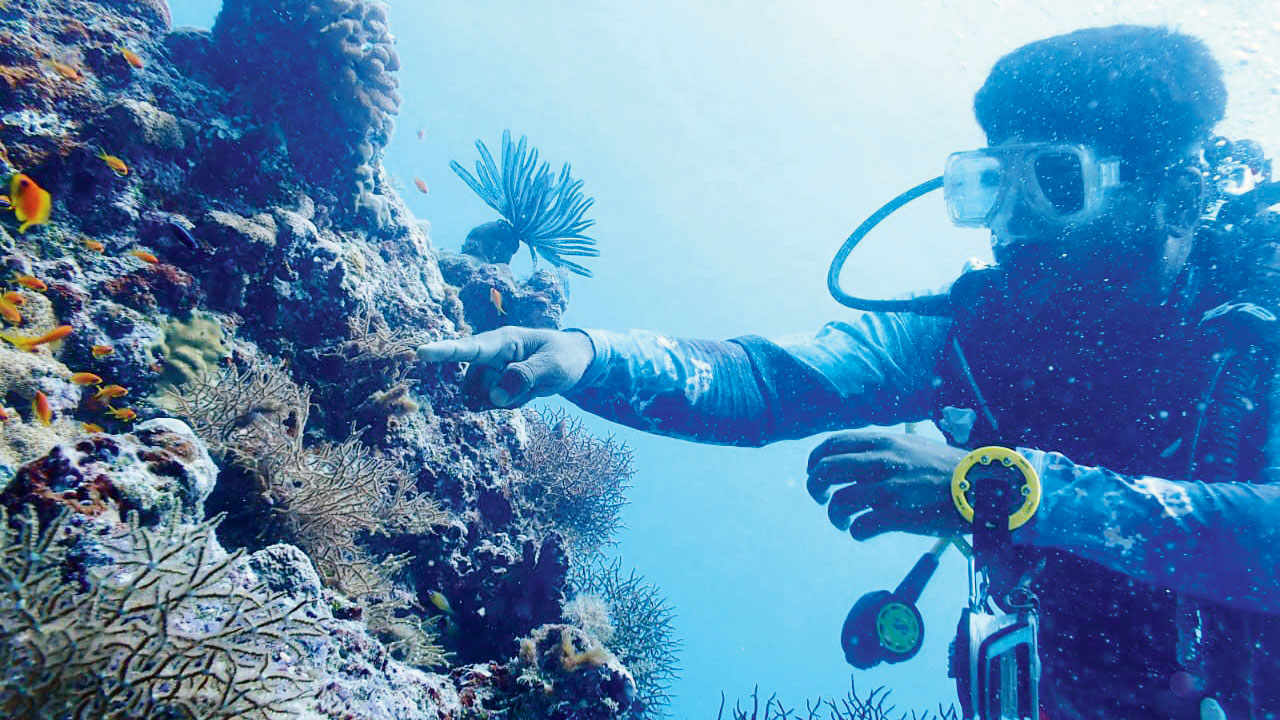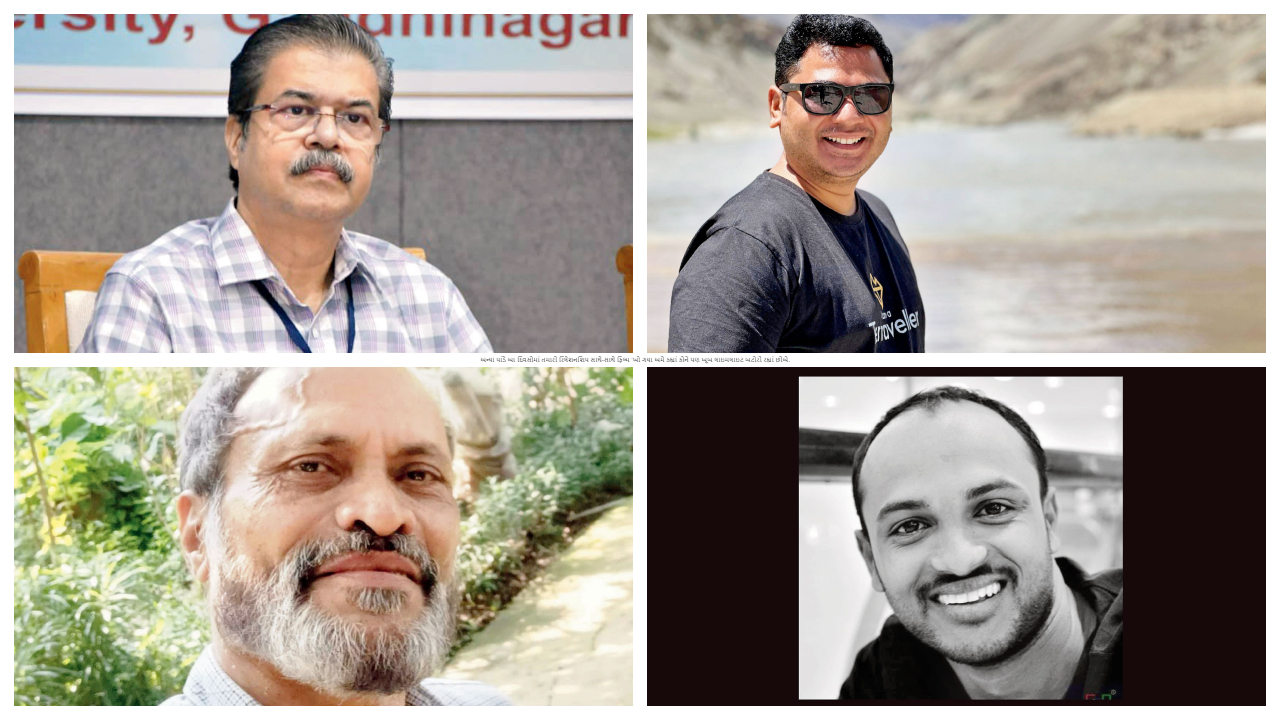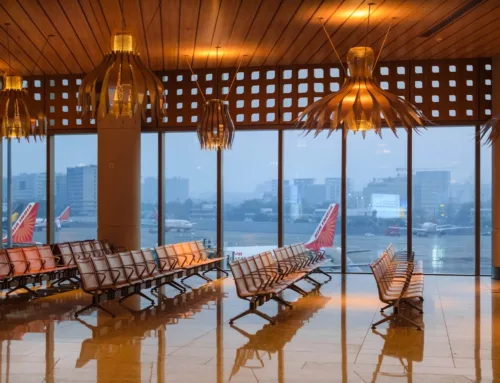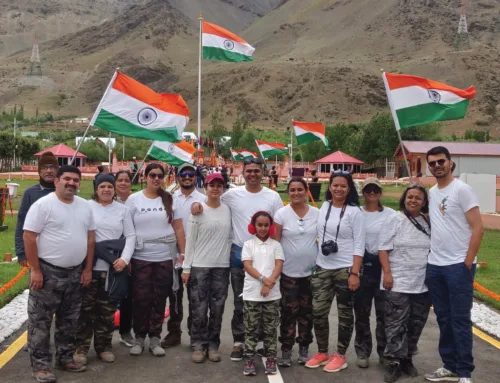In the wake of the recent fervor surrounding Lakshadweep, the public outcry has compelled us to reconsider this archipelago of extraordinary beauty. The lone carrier to Lakshadweep has temporarily halted bookings due to an overwhelming surge in tourist interest.
Lakshadweep, originating from Malayalam and Sanskrit, translates to a cluster of millions of islands. Presently, there are a total of 36 islands in Lakshadweep, and this pristine haven, once secluded, now finds itself thrust into the spotlight, courtesy of the Modi-Magic. Prime Minister Modi’s visit to Lakshadweep, coupled with the sharing of captivating beach photos, managed to upset leaders in the Maldives. Simultaneously, the ‘Boycott Maldives’ movement gained traction, attracting the involvement of numerous influential figures. This newfound surge of patriotism has showered Lakshadweep with unprecedented love and attention.
Social media witnessed a transformation where Lakshadweep became synonymous with patriotism. People canceled their Maldives plans, travel agencies ceased Maldives bookings, and the collective desire to explore Lakshadweep surged. Consequently, the Kochi-Agatti flight, the primary mode of transportation to Lakshadweep, is fully booked for the next three months. The sole airline operating on this route, Alliance Air, has responded by announcing additional flights and revealed plans for SpiceJet to initiate flights to Lakshadweep.
Conversely, the vessels from Kochi to the Maldives, commonly used by the local populace, were already strained, prompting considerations for increased frequency. Undoubtedly, tourism is poised to significantly boost the Lakshadweep economy. In 2021, 13,500 tourists visited Lakshadweep, a number that surged to 22,800 in 2022. With a 100% projected increase for 2023 and heightened attention in January, a rise in tourist numbers seems inevitable. However, the pertinent questions revolve around the archipelago’s capacity to handle such a tourism influx. Does it possess the necessary infrastructure, and are the local inhabitants content with the unfolding changes? Let’s delve into these queries by consulting the experts on-site. There’s potential, but…
Deepak Apte, with an extensive 28-year tenure at the Bombay Natural History Society, holds the position of Managing Director at the Srishti Conservation Foundation. A seasoned scholar and eminent researcher of the Coastal Zone, Apte has dedicated the last four decades to studying Lakshadweep’s coral reefs. Having resided in Lakshadweep for a decade, he provides invaluable insights into the delicate balance of tourism and environmental preservation.
Acknowledging the potential of tourism in the region, Apte emphasizes the need for a comprehensive approach. While recognizing the shared natural beauty and habitat between Lakshadweep and the Maldives, he underscores the fundamental distinction — the sheer expanse. With Maldives comprising over a thousand islands and Lakshadweep limited to 36, the constraints of space make extensive tourist expansion impractical. Apte insists on the importance of stringent regulations regarding visitor conduct and robust infrastructure.
He advocates for thorough research, emphasizing the need for enhancements in water, electricity, and connectivity. Apte stresses the necessity for tourists to exhibit responsible behavior, particularly in waste disposal. Considering the limited space for accommodation, an informed evaluation of the destination’s carrying capacity is imperative. Additionally, as most local inhabitants reside on the same islands, preserving social harmony becomes paramount. Apte underscores that judicious tourism planning will ensure the optimal enjoyment of the region’s unparalleled beauty. Conversely, he warns of the potential degradation of the environment if tourists contribute to littering. In 25-30 years, this pristine location could lose its charm due to its small size if proper waste disposal practices are not enforced.
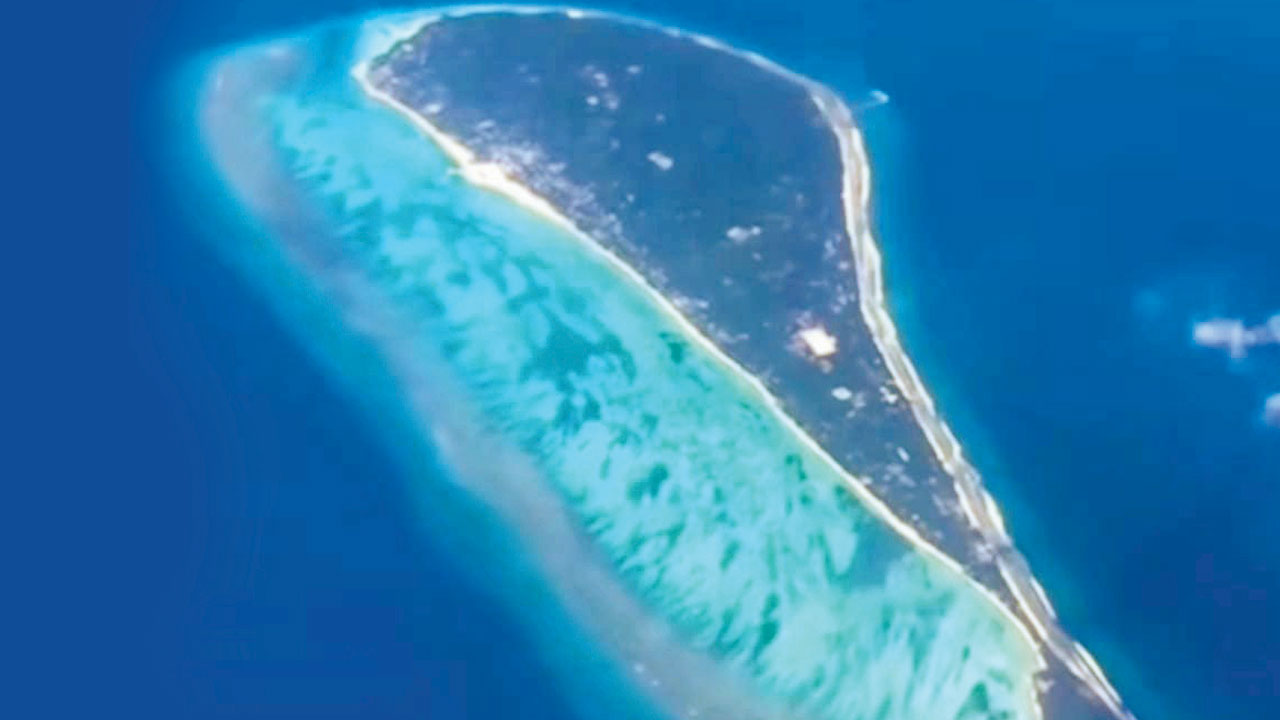
Tosh Thakkar, an impassioned nature enthusiast who intimately explored the Maldives like a local resident and scrutinized the natural conditions of both the Maldives and Lakshadweep, orchestrates eco-friendly tours under the banner of ‘Terraveller’. Thakkar observes, “Even amidst the breathtaking turquoise waters of the Maldives, a heap of garbage is a common sight on the shores of public islands. It’s not that the people of the Maldives are inherently disciplined or environmentally conscious.”
Delving into the ecological aspect, Thakkar notes that both the islands boast stunning beauty, yet the Maldives has suffered less coral damage than Lakshadweep, owing to reduced cargo shipping and import-export activities compared to Kochi dock in India. Drawing parallels between the Maldives and Lakshadweep in terms of costumes, food, and living practices, he underscores the need for substantial development in basic facilities in Lakshadweep, which the Maldives has achieved in a straightforward manner.
Thakkar reveals a lesser-known fact that, currently, Lakshadweep offers the world’s most affordable scuba diving course.
Himanshu Prem, a dedicated nature enthusiast and frequent visitor to Lakshadweep, reflects on the evolving beauty of the islands. Prem laments the intrusion of tourism-related contaminants, emphasizing the importance of preserving the environment. He draws a poignant comparison to Pangong Lake in Ladakh, citing how a surge in tourists following the film ‘3 Idiots’ led to environmental degradation.
Expressing concern, Prem advocates for stringent rules and effective enforcement, recalling his experience in Ladakh. He cautions against haphazard tourism development, drawing parallels to his reluctance to reveal new destinations to avoid potential degradation. Stressing the need for waste management, Prem calls for responsible tourism practices even in burgeoning tourist destinations like Kutch and the Statue of Unity, mirroring the approach needed for the sustainable development of Lakshadweep.
The Local Conundrum
A majority of the population resides on 10 out of the total 36 islands in Lakshadweep. Sameer Aman, a resident of Kavarati Island, the capital, and the son of Lakshadweep’s first district judge, PADI certified dive master, has been operating a travel company/scuba diving school for the past 15 years. He expresses elation at the newfound recognition for Lakshadweep, stating, ‘It is truly a joyous moment for me. Until recently, it felt as if we were leading lives in obscurity. The attention directed towards us is crucial, and the surge in tourism undoubtedly benefits the local populace. However, increased inquiries in the past week highlight the potential for infrastructural and connectivity changes. We urge the government to adopt a development policy that prioritizes the upliftment of local residents. There’s a concern that ancestral lands are being directly acquired and allocated to investors for development. Instead, initiatives should empower locals to actively participate in the developmental process. While we welcome the promise of employment opportunities, why shouldn’t those who aspire to contribute to their own development be given the chance to work? We trust that the government, moving in this direction, will address our concerns.’
Lakshadweep, as a Union Territory, has Praful Patel, a leader trusted by Prime Minister Narendra Modi, serving as the chief administrator since 2020. Drawing hope from Patel’s positive impact on Diu-Daman, locals anticipate a more prosperous developmental journey. However, concerns persist about basic facilities. On condition of anonymity, a local source reveals that advanced medical treatment facilities are still absent in Lakshadweep. In case of a medical emergency, individuals often have to wait until reaching Kochi the next day. Moreover, scientific studies outline the limitations of development based on the ecosystem, given the small space and the existing population of around 70,000. The scarcity of residential land poses challenges for new developments.
Global Warming’s Toll
A crucial aspect is the constant rise in sea levels due to global warming. Samir, a self-proclaimed scuba diving expert and marine enthusiast, notes, ‘Having witnessed numerous changes in nature by the age of 41, I can attest to the increasing frequency of tsunamis, occurring more than once a year now. Some areas have sea levels surpassing ground levels. It is imperative for the government to consider the Integrated Island Management Plan prepared by the Ravindra Commission, as, given the current scenario, the potential submersion of these islands within a century is not unfathomable. Haphazard development poses risks to both nature and the local tribes. Hence, my earnest plea to incoming tourists is to appreciate this natural treasure without burdening it with excess luxury.
Soulful Sojourn: Lakshadweep to Host Spiritual Retreat with 1000 Youth

Adding another feather to Lakshadweep’s burgeoning allure is a spiritual retreat scheduled for the end of January in the company of Pujya Rakeshguruji, the founder of Shrimad Rajchandra Mission, Dharampur. From January 31 to February 2, around 1,000 youths from across the country will embark on a spiritual journey to Lakshadweep. Beyond reveling in the pristine beauty of these once-anonymous islands, participants will delve into understanding the local culture and lifestyle, engaging in activities such as self-development workshops and meditation. This distinctive retreat stands as a testament to the growing popularity of Lakshadweep.
Sanjay Doshi, a businessman residing in Ghatkopar and an avid traveler, shares his fondness for Lakshadweep. Having visited the islands in 2018 and later explored Maldives in 2022, Sanjay emphasizes the unique charm of Lakshadweep. He remarks, ‘We spent five days on Bangaram Island and explored a couple more. Comparing that experience to Maafushi Island and others in Maldives, I can confidently say that Lakshadweep’s beauty is unparalleled. As a tourist, I’d say the two destinations offer distinct experiences. Even back in 2018, getting a permit involved some struggle, but now it’s streamlined online. The government needs to ensure responsible tourism to preserve its beauty. The scuba diving experiences, which even won over someone afraid of water like me, are indescribable. The beauty within the sea is beyond words; you have to experience it. I haven’t encountered this in Maldives. In some parts of Maldives, you’ll notice that natural beauty has been altered to cater to tourists. Despite any inconveniences, I would choose Lakshadweep’s beauty over the rest many times over.’
Raj Doshi, Sanjaybhai’s son and a professional diver, considers his scuba diving experience in Lakshadweep to be the best in the world. He affirms, “I’ve dived in many places, and Lakshadweep stands out as a unique destination where the beauty of nature remains untouched, providing a distinct sense of joy.”


